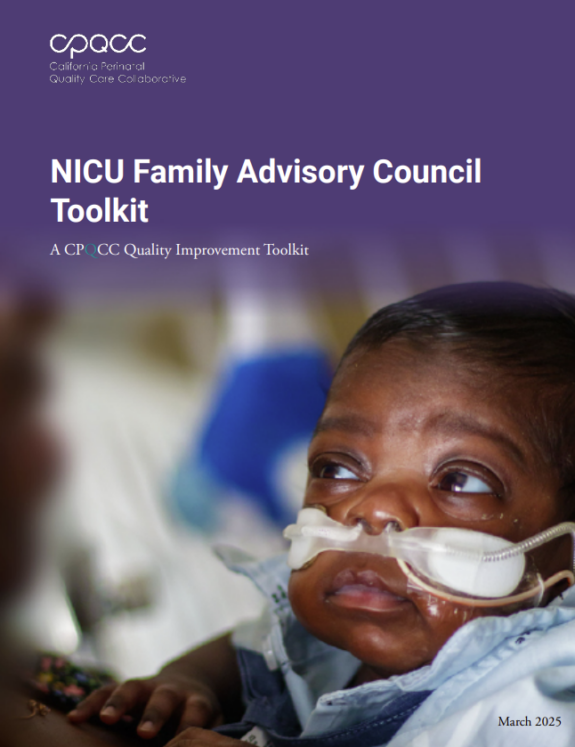Reflections and Responses: Six Models for Understanding How Families Experience the System of Care for Children with Special Health Care Needs
During the spring and summer of 2013, some 61 stakeholders—including 52 parents of children with special heath care needs and nine providers and policymakers—were systematically interviewed for their responses and reflections on six models of how families interact with the system of care. Another 60 workshop participants at an academic meeting also provided input. The models were developed in 2009 through a study commissioned by the Lucile Packard Foundation for Children’s Health. Their purpose is to illustrate the experiences of patients and families as a means to support efforts to improve the system of care for children with special health care needs.
In general, study participants reported that the models provide a useful perspective on patterns in families’ experiences that can support providers and others in better understanding and anticipating families’ emotional, social service and health care needs. The models provide a focal point around which families, providers and policymakers can collectively discuss families’ needs as well as program and policy responses that are required to more effectively address the full complement of services and supports needed by families.
A number of constructive critiques of most of the models also were offered, but the overall findings strongly support the notion that the models have the potential to contribute to achieving better understanding of families’ experiences and the steps necessary to improve the system that serves them.


